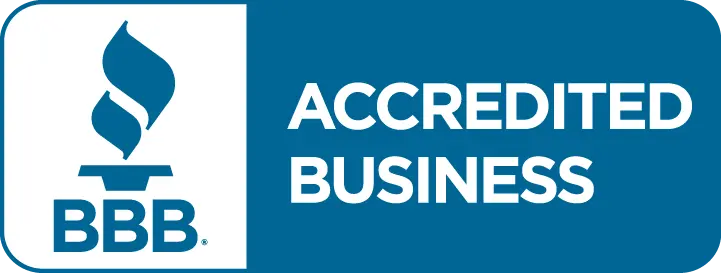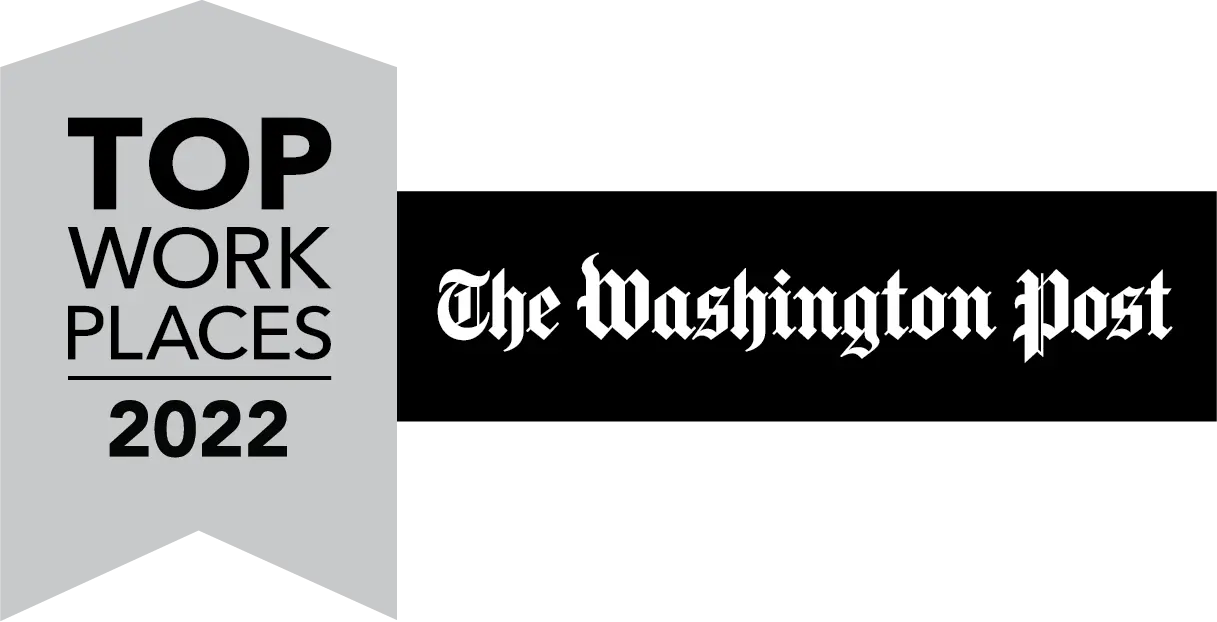Blog
Our blog offers important resources, helpful articles, and practical ideas on the human resources topics that matter to you.
Our blog offers important resources, helpful articles, and practical ideas on the human resources topics that matter to you.
Home / Media / Blog / Federal Workplace Bathroom Laws and HR
Although the transgendered are a small percentage of the population, as a group they are more open about their status than ever before. Proactive employers will have a plan in place for protecting and supporting all their employees, including those with gender identity considerations. But what do federal government have to say about workplace bathroom laws?
Restroom access is a much-discussed piece of this process. The dust has finally settled on North Carolina’s “Bathroom Bill”, a law that had required individuals to use the restroom corresponding to the gender named on their birth certificates, but other states are wading into these same unsettled waters. Employers are left wondering where the issue stands now.
Gender identity is a person’s internal sense of being male or female, some combination of the two, or neither male or female.
Gender identity is a deeply personal and internal understanding. It is not a medical condition. Because of this, employers cannot require employees to provide medical verification of their transgendered status.
Currently, court decisions are split on whether Title VII non-discrimination legal protections apply to sexual orientation or gender identity, however the Equal Employment Opportunity Commission (EEOC) takes the position that Title VII does protect these populations. This issue seems destined for the Supreme Court of the United States, but until that time the safest legal route for any employer affected by Title VII is to proceed with the assumption that these protections do apply to both sexual orientation and gender identity.
At the start of the Trump presidency, some employers wondered if new executive policies would clarify the issues; however, consensus is that they will not. As with paid time off benefits, it may well be an issue that is regulated at the state level, at least until broader federal guidance is ultimately provided through the courts. It’s strongly advised that small businesses remain cognizant of all local regulations impacting their employment policies.
There is, however, one federal regulation that’s very clear. The Occupational Health and Safety Agency (OSHA) requires employers of any size to provide bathroom facilities (whether unisex bathrooms or male/female segregated) to all their employees.
We’ve landed back at the beginning – so, which bathroom?
Let’s start with what’s required by federal workplace bathroom laws, because it’s likely more nuanced than you think.
Employers with 15 or fewer employees are required to provide one, single-use, locking restroom available for use by all employees. Simple enough, right? But from here, the workplace bathroom laws get more complicated:
Further, OSHA also determines the allocation of these facilities. For decades, the law required any employer with more than 15 employees to provide gender-segregated facilities for men and women, and that these facilities must be specifically designated for male or female use.
Thankfully, OSHA recently updated their requirements to accommodate a diverse workplace. They allow (and even encourage) two additional options (unisex) to the traditional male/female segregated bathroom. In full compliance with OHSA regulations, employers may:
There is an important legal component to these modern alternatives: transgender employees cannot be required to utilize a single-use restroom or a multi-occupant, gender-neutral restroom when gender-identified restrooms are available for other employees.
Put another way, the legally valid solution is never to create one option for a transgender employee that requires them to behave differently than anyone else. Transgender bathrooms are not a legitimate option.
Recent updates and interpretations of federal workplace bathroom laws, especially those pertaining to transgender rights, necessitate a careful examination of our current restroom facilities and policies. These changes may require adjustments to ensure compliance and inclusivity. Understanding the nuanced requirements and implications is crucial for aligning our practices with evolving regulations.
Non-compliance or inadequate accommodation of transgender employees regarding restroom access poses significant legal risks and liabilities. Failure to adhere to workplace discrimination laws and provide reasonable accommodations can result in costly legal battles, damage to reputation, and loss of employee trust. It’s imperative to prioritize compliance and proactive measures to mitigate these risks.
For many people, it’s not easy to admit what they don’t know. But this simply isn’t an area where it’s okay to guess. Your transgender employee is as eager as you are (and possibly more so) to help this process run smoothly. So, start a healthy dialogue about ways to move forward:
Some workplace issues impacting transgender employees, particularly ones that come with limited or contradictory legal guidance, can be as much about company culture as employment law. Even when the law is clear, it’s worth considering whether your company culture is to do the bare, legal minimum for your employees or, perhaps, embrace a culture of inclusivity by doing a bit more.
Proactively fostering a workplace culture that supports and respects the gender identity of all employees, including transgender individuals, requires a concerted effort to address concerns and discomfort among our workforce. This involves creating open channels of communication where employees feel safe expressing their questions and apprehensions. Additionally, providing diversity and inclusivity training sessions can help raise awareness and promote understanding among staff members. By cultivating a culture of empathy, acceptance, and mutual respect, we can create an environment where everyone feels valued and included.
Implementing strategies to educate and train our employees, managers, and HR personnel on gender diversity, inclusivity, and respectful behavior is essential for fostering a supportive workplace environment. These training sessions can cover a range of topics, including understanding gender identity, promoting respectful language and interactions, and navigating restroom access issues sensitively. By providing comprehensive education and resources, we empower our team members to navigate these issues thoughtfully and inclusively.
Empowering transgender employees to contribute to the development of inclusive policies and practices is critical for ensuring their voices are heard in decision-making processes related to workplace accommodations and culture. This can be achieved by actively soliciting feedback and input from transgender employees through surveys, focus groups, and one-on-one discussions. Additionally, establishing affinity groups or employee resource groups specifically for transgender individuals can provide a platform for advocacy and collaboration. By actively involving transgender employees in policy development and decision-making, we demonstrate our commitment to inclusivity and create a more equitable and supportive workplace for all.
A person’s gender identity may not match the gender specified on their birth certificate or their physical appearance and mannerisms. It’s understandable that this dichotomy can create some confusion, and even some initial discomfort, among their workplace colleagues.
The key is to stay ahead of these issues, rather than trying to play catch-up with people’s feelings later.
An employee handbook is an incredibly helpful tool in communicating company policies and culture on issues such as:
As with the transgender employee themselves, establishing open communication with your entire employee population is the best way to avoid unnecessary conflict. A diversity of opinions and lifestyles should be expected, but respectful behavior must be required in the workplace.
For small companies with questions about accommodating transgender employees or workplace bathroom laws, the HR guidance mirrors that of so many other workplace issues: educate, communicate, and do it all in compliance with the law and with respect for the employee.
Join the INFINITI HR family! Subscribe to our newsletter and get the latest HR news and tips.
INFINITI HR helps companies reduce costs by managing human resource functions while allowing businesses to focus on their core operations that impact profitability. Our platform provides full regulatory compliance management, on-demand HR guidance, real-time payroll /tax filing, POS integration and access into industry leading True-Group master policies for workers’ compensation, employment practices liability insurance, and other operational business coverages.
Toll free: 866-552-6360






